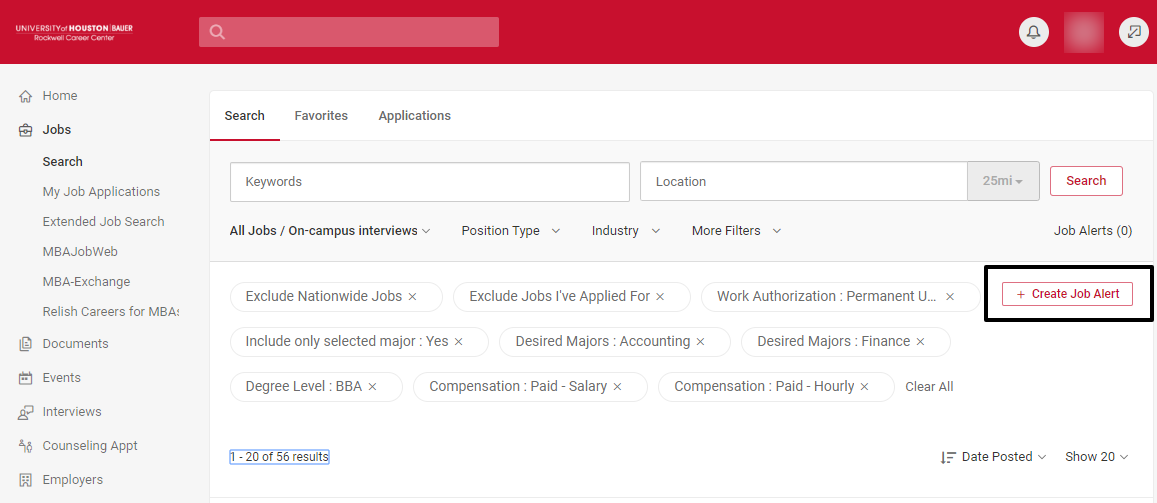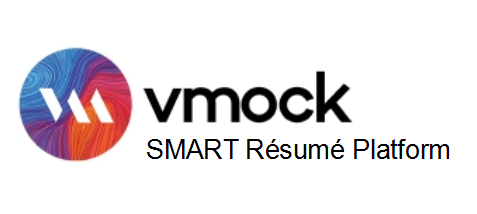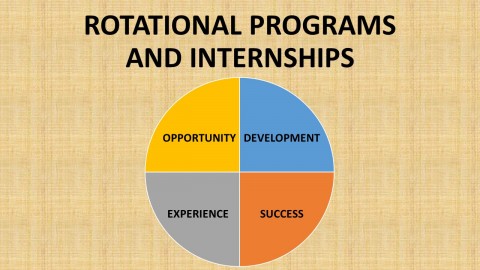One of the most frustrating parts of career development is the actual job search. On its face, searching for a job seems simple. Go online, search for jobs on job boards, apply to the ones you are interested in and get interviewed. Most people will come to find out that it is hard to be successful just using this approach.
What happens after this frustration sets in? The person decides that they are simply not applying to enough jobs. So they loosen their standards and spend more time applying to jobs they probably don’t want. Unfortunately, they end up getting interviews for jobs they don’t want or worse, still no interviews. This “shotgun” approach is not the best way to look for a job and the fact that you are frustrated is not your fault.

The internet, advanced AI embedded in Applicant Tracking Systems (ATS), and job boards with thousands of jobs should make it so that anyone can get a job that is right for them in a flash. So why isn’t that happening?
Technological progress has merely provided us with more efficient means for going backward. – Aldous Huxley
Think about the job board from the other side of the equation – the HR Recruiter. The internet allows anyone on the planet with internet access to apply for your jobs. That means if they have multiple jobs posted they have to sort through multitudes of applications. Some good, some awful. Chances are that your application gets lost in the mix unless you are part of a smaller pool or someone advocates for you. Here are the ways to make one or both of those happen.
Use on-campus job boards
Bauer Career Gateway should be your first stop for internship and job searches for two reasons. First, we know that the job is real. Second, the applicant pool is smaller.
In addition to Bauer Career Gateway, we have additional MBA/MS job boards including MBA-Exchange and GoinGlobal; two sites that focus on jobs both nationally and globally for MBA/MS students.
The job search process can be time consuming but it doesn’t have to be. Every job board allows you to perform a search, save that search, and set up a “job alert” that will email you new opportunities that match that search. You should set a job search alert in every job board you would actively look at including Bauer Career Gateway and Cougar Pathway.

Use LinkedIn
I know you have heard this a lot from career counselors and professors at Bauer but there is a difference between building a profile and actually using LinkedIn.
First, if you haven’t built a LinkedIn profile start there. You can use this template from LinkedIn and the resources and articles on our website to make your profile connection-ready.
Next, actually use LinkedIn to start building a network of people that can make a difference in your career development. Start slow. There is no prize awarded for how quickly you can get your connection count to 500+ and no one is impressed by that.
The goal of a face-to-face networking event is not to collect as many business cards as possible just so you can stick them in a drawer at work. On LinkedIn collecting connections and doing nothing with them won’t benefit you either.
We advise a 3/1 ratio for connections; for every 3 connections “above” your current level (someone further along in their career), you should have one peer. That way, your network benefits you and your connections the most. You should also guard your connections very carefully. Just connecting to anyone that reaches out to you does nothing for you or your network.
Before connecting to someone you should ask yourself:
- Do I know this person well enough for me to recommend them? or
- Do they know me well enough to recommend me? or
- Are they in a company or industry that I feel like I can benefit from having a conversation with them? or
- Can I refer them to a connection that would benefit them both?
Don’t forget about LinkedIn Groups.
What to do with the network you are building
Just saying “build a network” or network with people is incomplete advice, at best. It doesn’t help unless you know what to do once you connect with them. The best advice I can give you when it comes to connecting with professionals is to conduct Informational Interviews.
An informational interview is a meeting to learn about the real-life experience of someone working in a field or company that interests you. It is important to remember that it is not a job interview although you should be ready for the conversation to turn that direction at any time.
One of the best books I have ever read about career development was written by Steve Dalton called The 2 Hour Job Search. The basic premise of the book is to build a network of people in the industries you want to move into and conduct informational interviews. The book takes students through a step-by-step process on how to reach out to people, how to set up the meeting, what to ask at the informational interview, and how and when to follow up.
Read one person’s experience with the book here.
Check out the 2 Hour Job Search LinkedIn group.
It’s not what you know…
There’s an old saying that it’s not what you know, it’s who you know. I think that is only half right. It’s who knows what you know that makes a difference.
Depending on how far along you are in your career, you have probably been in a situation where someone you know is looking to hire a person. They may have even reached out to you for help. “Do you know anyone that would be good for this role?” In a perfect world, we would all have access to everyone’s job history, resume, and LinkedIn profile at the ready. A perfect applicant tracking system that would recommend the perfect job candidate. I doubt we will ever get there but the next best thing might be LinkedIn, when it is used correctly.
According to the Society for Human Resource Management (SHRM), of those organizations that use social networking sites for recruitment, the vast majority (94%) use LinkedIn.
Your goal in using LinkedIn to set up informational interviews is to get as many people as possible that understand what you are capable of and what you are looking for next. Then, the next time someone asks if they know anyone that can do XYZ, the answer is YOU.
The ultimate goal is that you never have to look for a job again. You become a “passive candidate”; people come to you with new opportunities rather than you having to seek them out.
TL;DR
(Gotcha. You’re busy…)
- Stop spending all your time searching for and applying for jobs. Instead, spend a little time setting up job search alerts at job posting websites. Let the technology work for you.
- Set up job alerts using the on-campus job boards, Bauer Career Gateway AND also consider setting up alerts in MBA-Exchange and GoinGlobal.
- Set up a LinkedIn profile correctly.
- Actually start connecting to people in the industries you are interested in.
- Set up informational interviews with those people.
- Follow-up and keep in touch.
- Lather, rinse, repeat.
Need help with any of these steps? Make an appointment to see a Career Counselor at the Rockwell Career Center.






